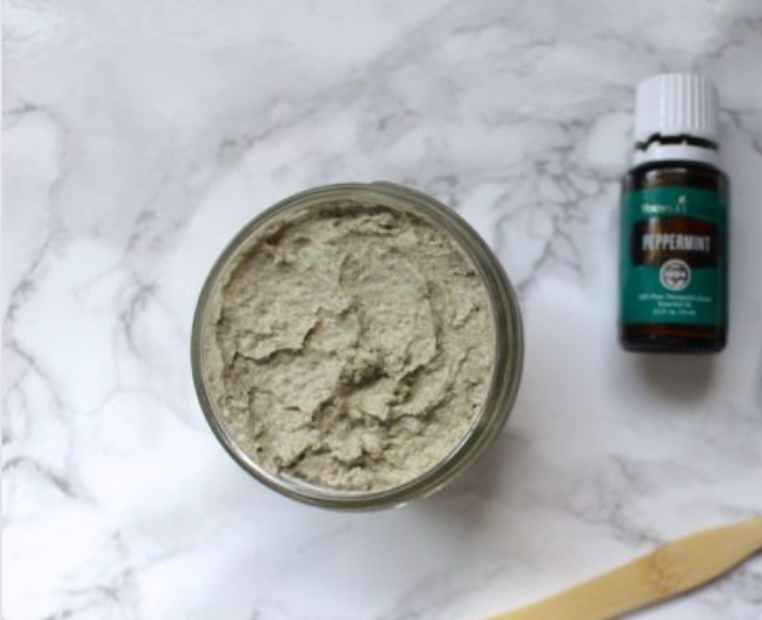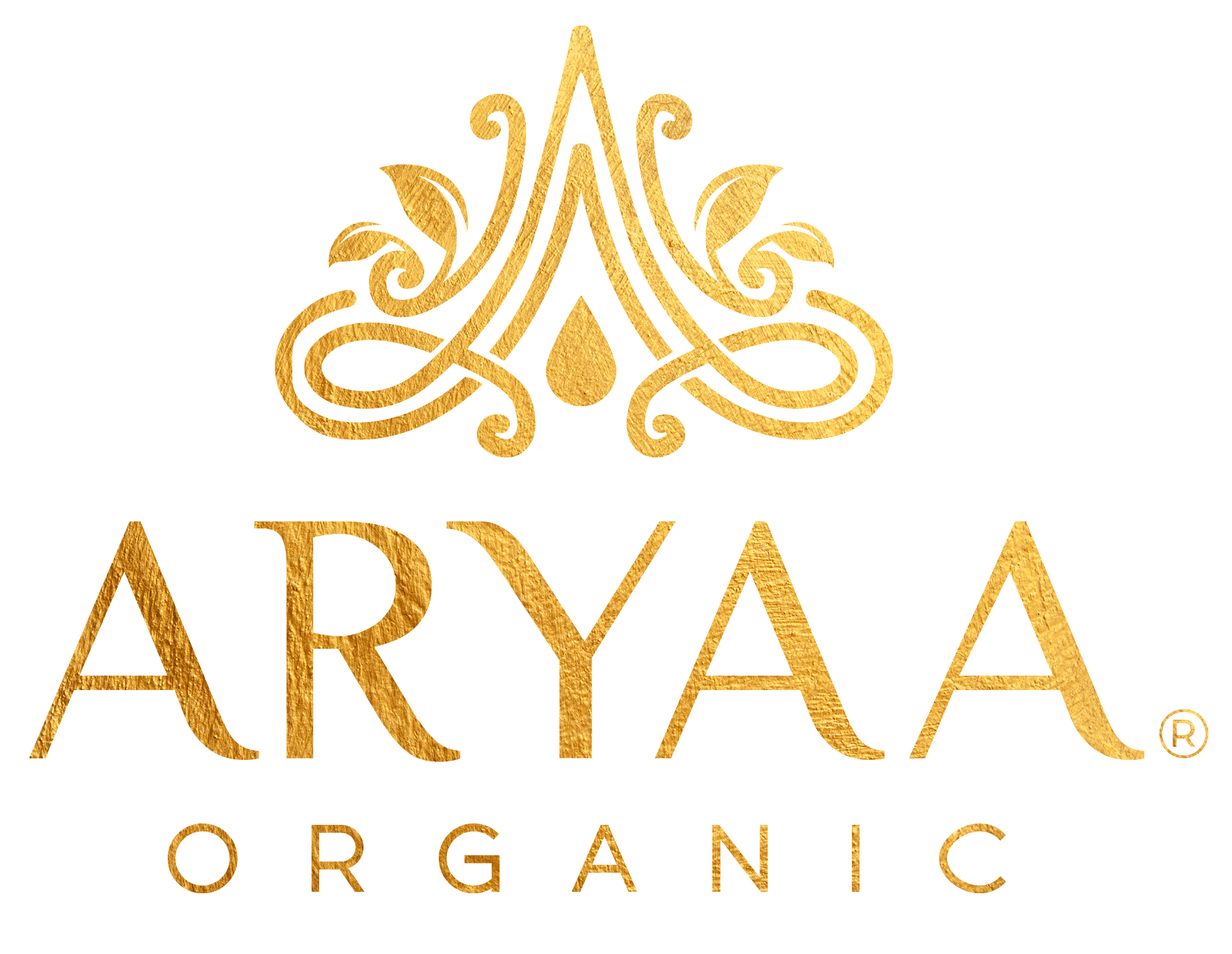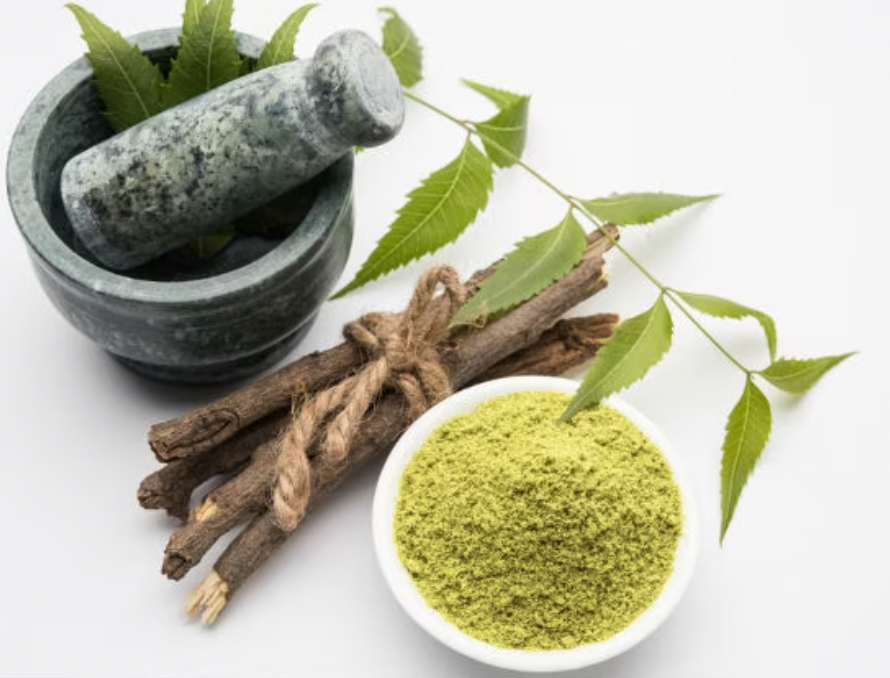
Indian Beauty Recipes: Neem Powder Toothpaste
This homemade toothpaste recipe is a unique blend of Ayurvedic wisdom and natural ingredients, designed to promote oral health in a holistic manner. In Ayurveda, balance and natural care are paramount, and each ingredient in this recipe is chosen for its specific benefits:
-
Coconut Oil: Revered in Ayurveda for its "cooling" properties, coconut oil is believed to balance the "Pitta" dosha, which, when aggravated, can lead to inflammation and gum disease. Its natural antibacterial properties help in fighting harmful bacteria in the mouth, reducing plaque formation, and supporting gum health.
-
Baking Soda: Although not traditionally Ayurvedic, baking soda is recognized for its gentle cleansing action. It helps in neutralizing acids in the mouth, thereby reducing the risk of tooth decay and gum disease. It also acts as a natural whitener, promoting a brighter smile without the harshness of chemical whiteners.
-
Neem Powder: Neem, a cornerstone herb in Ayurveda, is celebrated for its detoxifying and antimicrobial properties. It is particularly esteemed for its effectiveness in oral care, where it helps in combating bacteria that cause cavities, bad breath, and gum disease. Neem also supports healthy gums and teeth, reinforcing the body's natural defenses against oral health issues.
-
Peppermint Essential Oil: Besides adding a refreshing taste, peppermint oil in Ayurveda is known for its ability to soothe Vata and Pitta doshas. It promotes fresh breath and has a cooling effect, which helps in relieving tooth and gum sensitivity.
Ingredients:
- 2 tablespoons of Coconut oil
- 1 tablespoon of Baking soda
- 1 teaspoon of Neem powder
- 1-2 drops of Peppermint essential oil
How to make it:
- Mix all the ingredients together in a small bowl.
- Store the mixture in a small jar.
- Use a small amount on your toothbrush as you would with regular toothpaste.




Laisser un commentaire
Ce site est protégé par hCaptcha, et la Politique de confidentialité et les Conditions de service de hCaptcha s’appliquent.